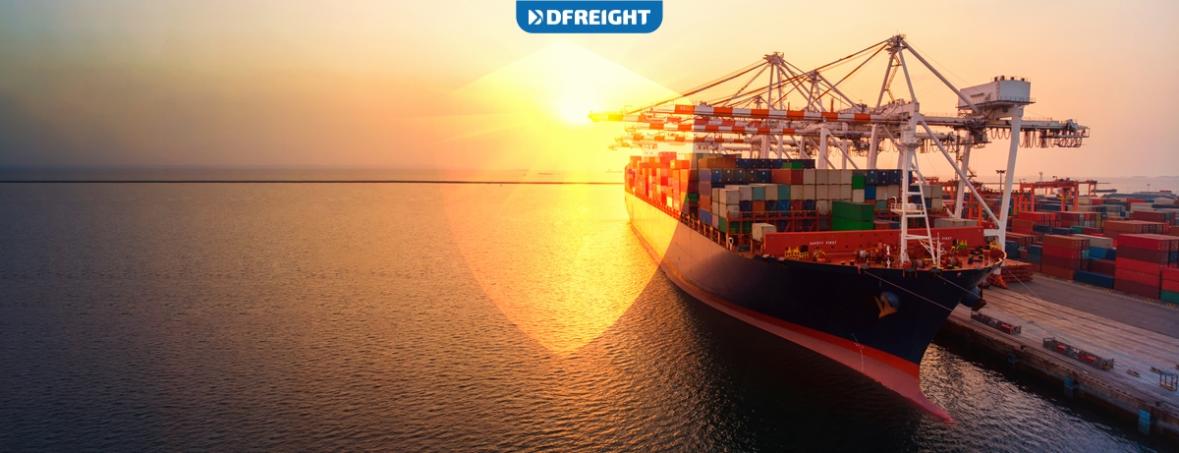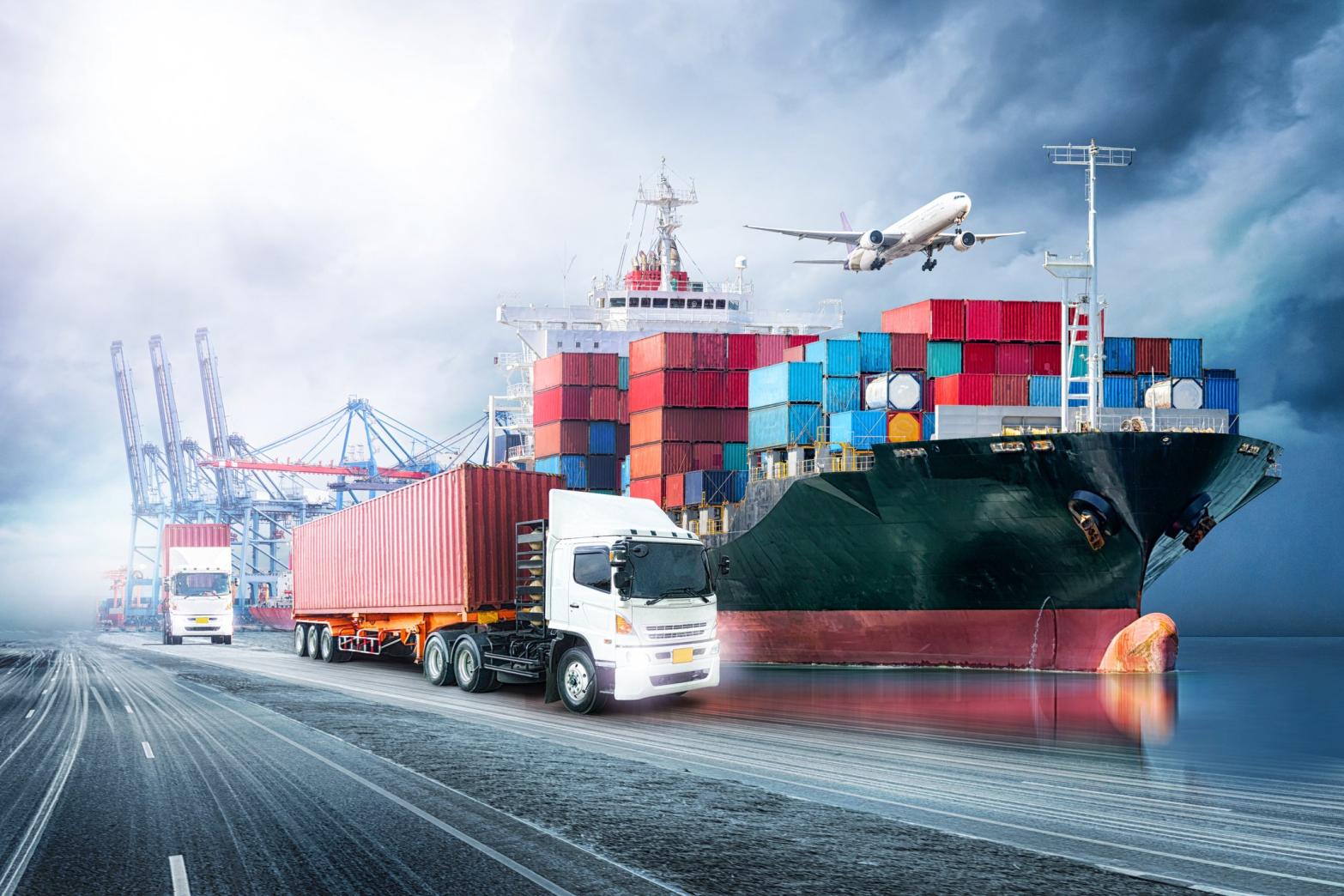What are the Different Types of Cargo Insurance Policies?
In the realm of international trade, cargo insurance policies serve as a safety net, protecting goods against the perils of transportation. Understanding the various types of cargo insurance policies available is crucial for businesses engaged in the global exchange of commodities.

Types Of Cargo Insurance Policies:
1. All-Risk Policies:
All-risk policies provide comprehensive coverage against all risks of loss or damage to cargo, except for those specifically excluded. Common exclusions include war, strikes, riots, and inherent vice (defects in the cargo itself). All-risk policies offer broad coverage and peace of mind, ensuring that businesses are protected against a wide range of potential risks.
2. Named Perils Policies:
Named perils policies provide coverage for specific perils or risks as defined in the policy. Examples of covered perils include fire, theft, and collision. While named perils policies are typically more affordable than all-risk policies, they also offer a narrower scope of coverage. Businesses must carefully review the policy to ensure that the desired risks are covered.
3. Warehouse-to-Warehouse Policies:
Warehouse-to-warehouse policies provide coverage for cargo from the time it leaves the warehouse of the shipper until it arrives at the warehouse of the consignee. This type of policy offers comprehensive coverage during all stages of transportation, including loading, unloading, and storage. Warehouse-to-warehouse policies are ideal for businesses that require comprehensive protection for their goods throughout the entire transit process.
4. Open Cargo Policies:

Open cargo policies provide continuous coverage for all shipments made by a business over a specified period. This type of policy is convenient and easy to administer, as businesses do not need to purchase separate policies for each shipment. Open cargo policies are well-suited for businesses that ship frequently and require ongoing coverage.
5. Specific Commodity Policies:
Specific commodity policies are designed to cover specific types of cargo, such as electronics, artwork, or perishable goods. These policies offer tailored coverage and specialized expertise, ensuring that the unique risks associated with specific commodities are adequately addressed. Specific commodity policies are ideal for businesses that ship high-value or specialized cargo.
Factors Affecting Cargo Insurance Premiums:

Several factors influence cargo insurance premiums, including:
- Type of cargo
- Value of cargo
- Distance of shipment
- Mode of transportation
- Claims history
Choosing The Right Cargo Insurance Policy:
Selecting the appropriate cargo insurance policy is crucial for protecting goods during transportation. Businesses should consider the following factors when choosing a policy:
- Specific needs and requirements
- Value of cargo
- Type of cargo
- Frequency of shipments
- Budgetary constraints
Cargo insurance policies play a vital role in protecting goods during transportation, providing businesses with peace of mind and financial security. By understanding the different types of cargo insurance policies available and carefully selecting the policy that best suits their needs, businesses can ensure that their goods are adequately protected against the risks of international trade.
YesNo

Leave a Reply